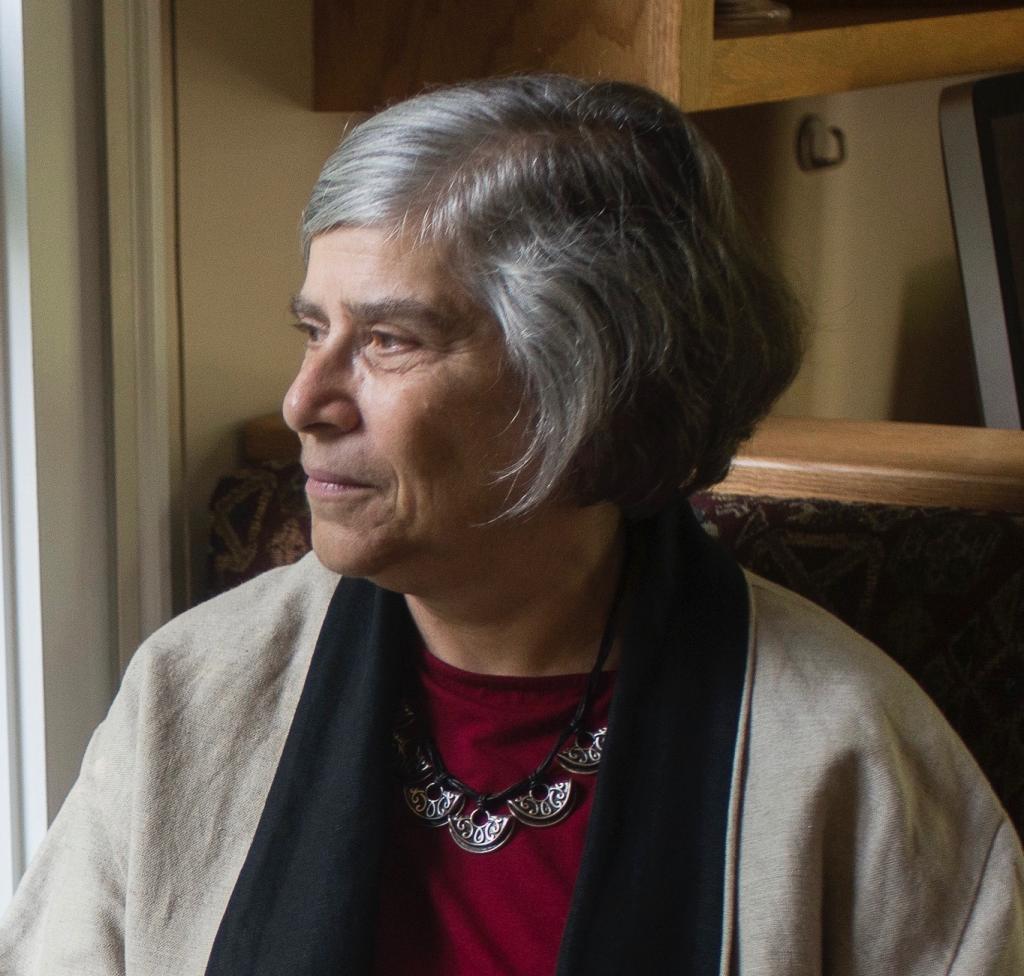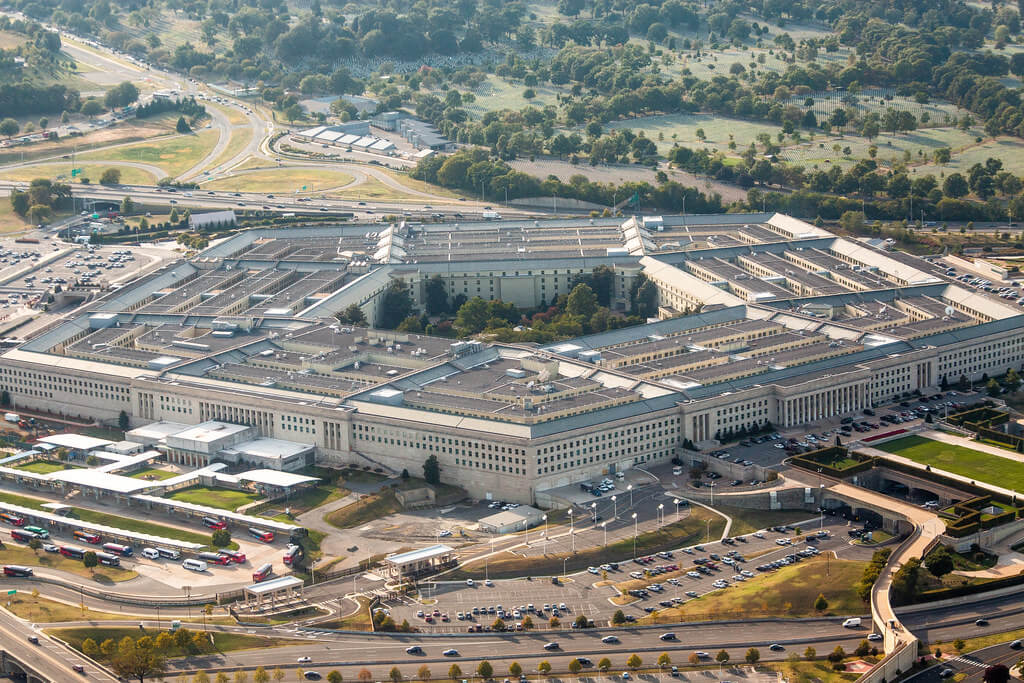Protecting the Republic: Securing Communications is More Important than Ever
For some time I have argued that encryption is a security versus security issue. Given our reliance on cyber, that is, our increasing intertwining of the physical world with network controls, I continue to believe that securing communications and devices is critical for our safety and security. But events over the last weeks have convinced me that securing communications is also crucial for preserving our democracy.
Published by The Lawfare Institute
in Cooperation With

For some time I have argued that encryption is a security versus security issue. Given our reliance on cyber, that is, our increasing intertwining of the physical world with network controls, I continue to believe that securing communications and devices is critical for our safety and security. But events over the last weeks have convinced me that securing communications is also crucial for preserving our democracy. That is, securing communications without exceptional access for law enforcement.
This is not an argument I ever expected to make—although despite the Bill of Rights, Americans haven't always been protected against government surveillance. Forty years ago, when Richard Nixon was in the White House, he sought to use the presidency to silence his political opponents. Under his bidding, journalists were wiretapped, political protesters heavily surveilled, the communications of those who opposed him read by US intelligence agencies. Through the persistence and courage of the Washington Post, a federal judge and members of Congress, the attempts to subvert the constitution were uncovered, and the president resigned as Congress brought impeachment proceedings against him.
Investigations by Congress and the press had brought forth a number of revelations of abuse by the intelligence agencies and, as a result, the Senate created the Senate Select Committee to Study Governmental Operations with Respect to Intelligence Activities—known as the Church Committee after its chair Frank Church—to study the matter. (The House committee investigating these abuses, the Pike Committee, never officially released its report, though portions were leaked). The committee investigations exposed that there had been massive government surveillance of political opponents, "Each administration from Franklin D. Roosevelt's to Richard Nixon's permitted, and sometimes encouraged, government agencies to handle essentially political intelligence."
The Church Committee report found that the U.S. government had conducted surveillance of members of Congress and their staff, Supreme Court Justices, judges, and people involved in political protest. The committee uncovered evidence of long-term surveillance of civil-rights organizations that were involved in non violent protest. It found a long, determined FBI campaign to sabotage Martin Luther King, Jr. Committee investigations showed massive surveillance by the Army and the FBI of those involved in political protest against the Vietnam War and of people involved in the women's liberation movement. There was also surveillance of journalists, especially those who displeased the administration. And for thirty years, from 1945 to 1975, the NSA surveilled members of the public communicating abroad; the agency received copies of most international telegrams sent from the US, while from 1940 to 1973, the CIA and FBI opened first class mail. These investigations, conducted in the name of "national security," were done without any court order or Congressional oversight.
The Church Committee made recommendations on how such national-security investigations should be conducted; many found their way into the Foreign Intelligence Surveillance Act, the United States Signals Intelligence Directive, and the Department of Justice guidelines on investigations. These protections against political surveillance have largely functioned well. Not perfectly; there were aberrations (during the 1980s the FBI investigation of the Committee in Support of the People of El Salvador expanded to cover 2400 people and 1300 organizations, yet the organization was simply involved in political activity). In the years since the Church Committee, U.S. intelligence has taken the prohibition against political surveillance very seriously.
I don't feel confident this will continue to be true. We have elected a President who does not believe in the First Amendment protections of a free press and who urged the hacking of his opponent's email, including by Russia. Our President-elect has also repeatedly said that he will throw his opponent in jail over issues that the FBI Director, after a long investigation, determined did not present evidence of criminal activity. We are in unchartered territory. We have a president-elect who does not appear to respect the protections enshrined in the Bill of Rights. Those who disagree with President-elect Trump feel threatened not just by the policies he espouses, but by the hatred and dictatorial stances he has been supporting.
Now the political opposition is alive and functioning at many levels. The last two weeks have seen massive political demonstrations against the results of the election. This political conversation must continue. But as the Church Committee presciently observed:
Persons most intimidated may well not be those at the extremes of the political spectrum, but rather those nearer the middle. Yet voices of moderation are vital to balance public debate and avoid polarization of our society.
Both the political opposition and a free press require the ability to communicate in private. Stalin and Putin both knew this—and prevented it. There is a risk that President-elect Trump means what he says. Given the President-elect's authoritarian statements, I no longer feel confident that the surveillance of journalists, the political opposition, or of protesters will not occur in this country. The President-elect has explicitly said that he wished he had the power to hack into the accounts of his political enemies.
Protecting the privacy of speech is crucial for preserving our democracy. We live at a time when tracking an individual—a journalist, a member of the political opposition, a citizen engaged in peaceful protest—or listening to their communications is far easier than at any time in human history. Political leaders on both sides now have a responsibility to work for securing communications and devices. This means supporting not only the laws protecting free speech and the accompanying communications, but also the technologies to do so: end-to-end encryption and secured devices; it also means soundly rejecting all proposals for front-door exceptional access. Prior to the election there were strong, sound security arguments for rejecting such proposals. The privacy arguments have now, suddenly, become critically important as well. Threatened authoritarianism means that we need technological protections for our private communications every bit as much as we need the legal ones we presently have.
Enabling encryption without exceptional access will not prevent law enforcement from doing its job. When the world went encrypted twenty years ago, the NSA claimed it was "going deaf." But then the agency found other ways to collect intelligence ("NSA has better SIGINT than at any time in history," according to its former director Mike McConnell). As many have observed, law enforcement will be able to find other ways to conduct investigations even without exceptional access.
Protecting our ability to communicate in private is vital. Congress must respond accordingly. Anything less threatens the very foundations of our republic.


.jpeg?sfvrsn=f8ab7a0d_7)
-final.png?sfvrsn=b70826ae_3)

